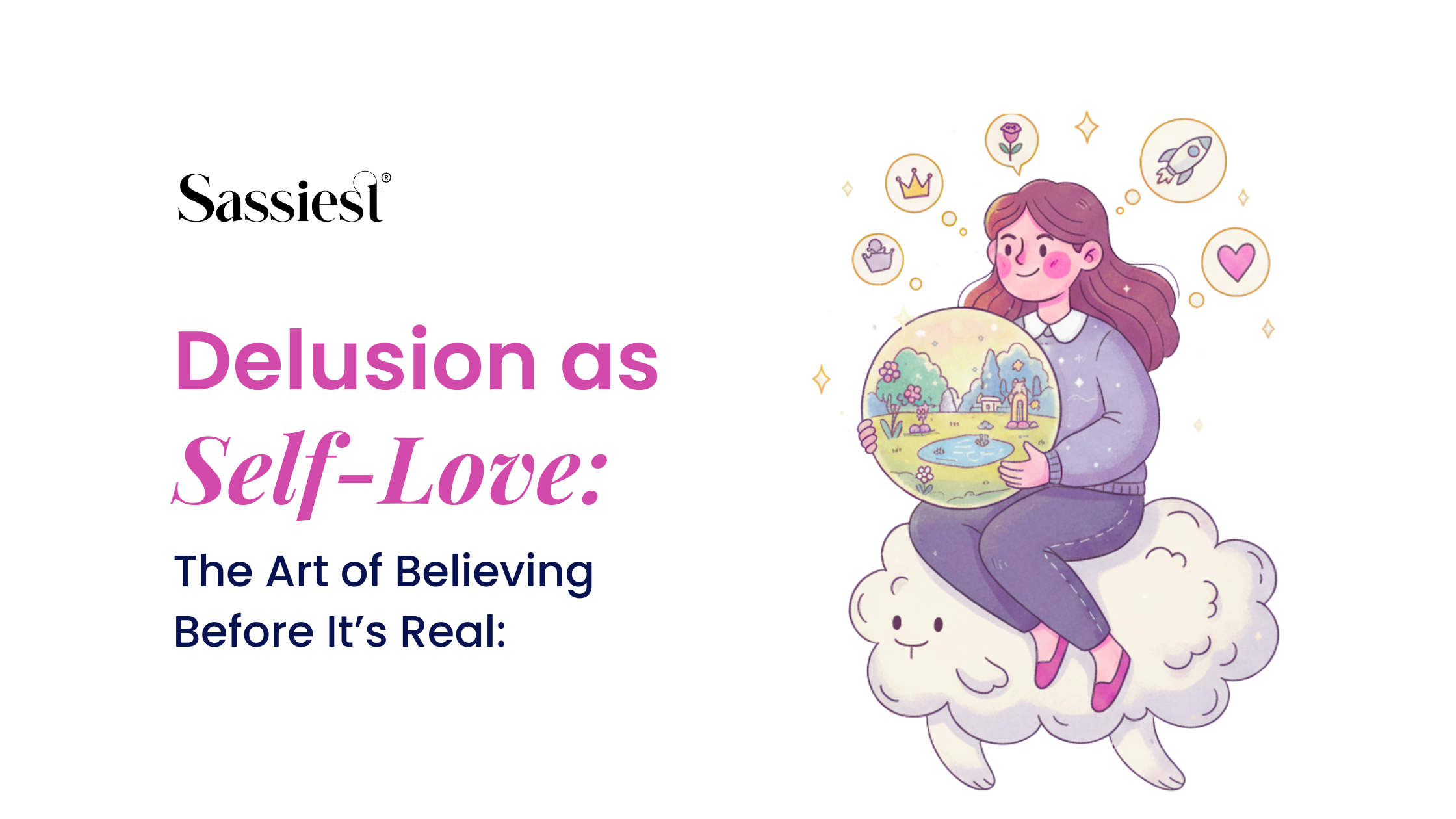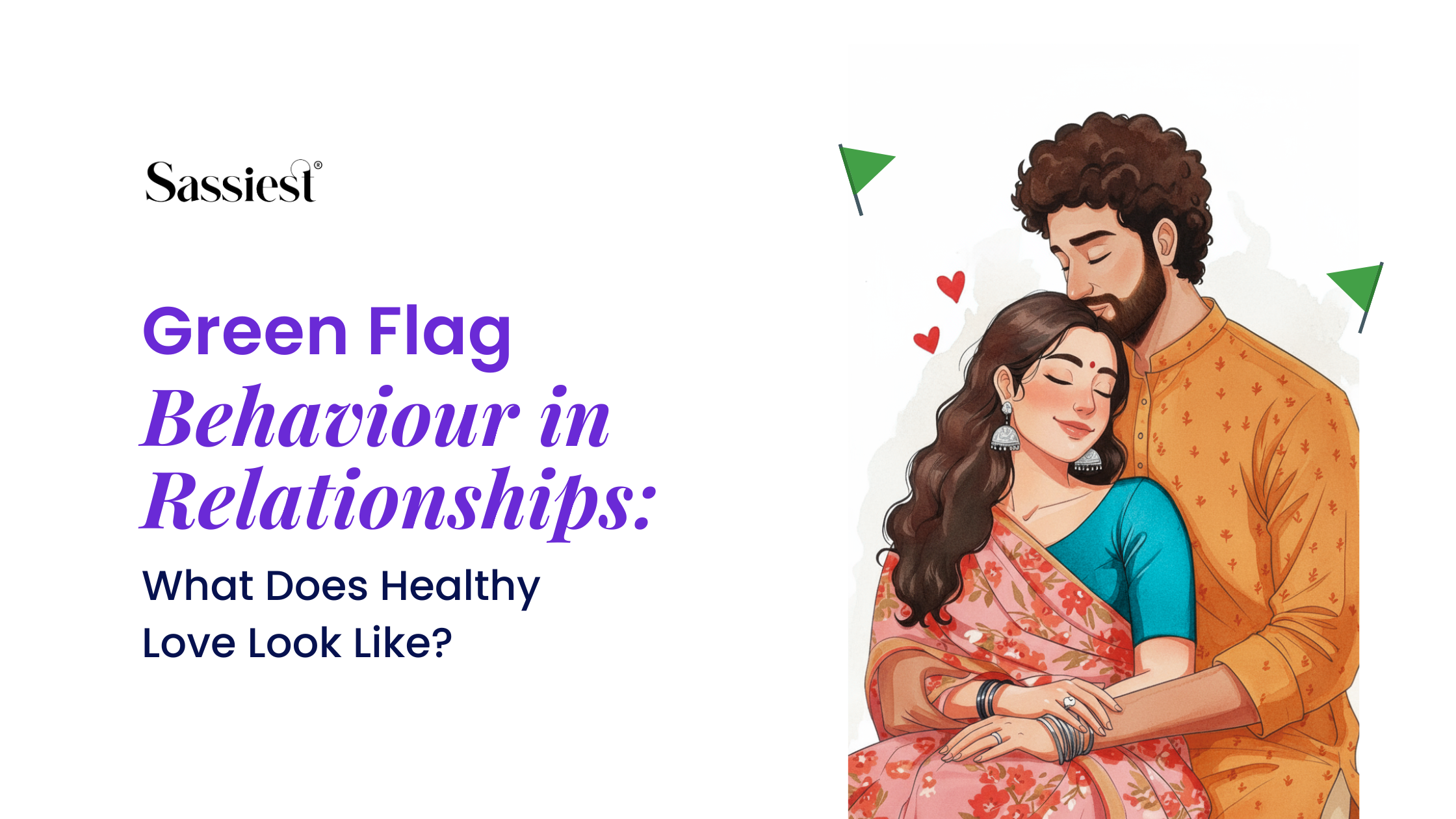When we talk about breast cancer awareness, the focus often stays on mammograms. They are important, yes, but they are not the whole story. Actress Olivia Munn’s experience proves that early detection is not just about one test. It is about knowing your personal risk, asking the right questions, and refusing to assume that “normal” means “safe.”

Munn recently revealed that she received a clear mammogram before being diagnosed with stage 1 breast cancer. The news shocked her, but it also opened a larger conversation about how breast cancer risk is assessed. What saved her was not luck, but a proactive test called the Tyrer-Cuzick Risk Assessment. It calculates a woman’s lifetime risk of developing breast cancer based on family history, genetic factors, and other variables that a standard screening might overlook.
Mainly because of that test, she was able to catch the disease early and take action immediately. Her story has since sparked a wave of reflection, especially among younger women who often believe breast cancer is something that happens later in life. The truth is that it can affect anyone, regardless of age or family history. Awareness means looking beyond statistics and understanding that your body deserves more than routine reassurance.
For many women, the idea of additional testing can feel unnecessary or intimidating. Mammograms already feel like enough. But just as no two bodies are identical, no two risks are either. Some women may benefit from genetic testing or risk assessments, especially if they have a family history of breast or ovarian cancer, early-onset cases in relatives, or known genetic mutations like BRCA1 or BRCA2. These tests do not replace mammograms; they complement them. Together, they give a fuller picture of what is happening inside your body.

Munn’s story also highlights how easy it is to miss the quiet moments when something feels off. We are quick to normalize fatigue, hormonal changes, or breast tenderness, especially when life gets busy. But intuition is often the first sign of imbalance. If something feels different, it is worth checking.
Early detection changes everything. Cancers caught in the earliest stages are often the most treatable, with higher survival rates and less aggressive treatments. Yet, many women delay screenings because of fear, discomfort, or simple unawareness. Part of breaking that cycle means changing how we talk about health. We need to treat screenings not as a yearly chore but as an act of care, the same way we think about therapy or fitness.
Breast cancer awareness should not be limited to pink ribbons or campaigns that come and go each October. It should live in everyday conversations. It should be something women feel empowered to bring up at family dinners, at work, or with their doctors without hesitation or shame.

There is also a broader takeaway from Munn’s experience. Women’s health often gets simplified into checklists: one test, one appointment, one-size-fits-all advice. But our health journeys are layered and deeply personal. Knowing your numbers, your genetic background, and your family history should feel like self-knowledge, not fear.
Screenings save lives. But so does curiosity. So does the courage to ask, “Is there more I should be checking?” Olivia Munn’s diagnosis was a reminder that being proactive is not paranoia. It is empowerment.

As we continue to talk about breast cancer this month, let that be the takeaway. Take your screenings seriously, yes, but also take your story seriously. Know your risk, ask your doctor about assessments, and share that information with the women around you. Awareness only works when it moves from conversation to action.
Because catching it early is not just about surviving. It is about giving yourself the chance to live fully and freely, and to keep showing up for the life you love.






